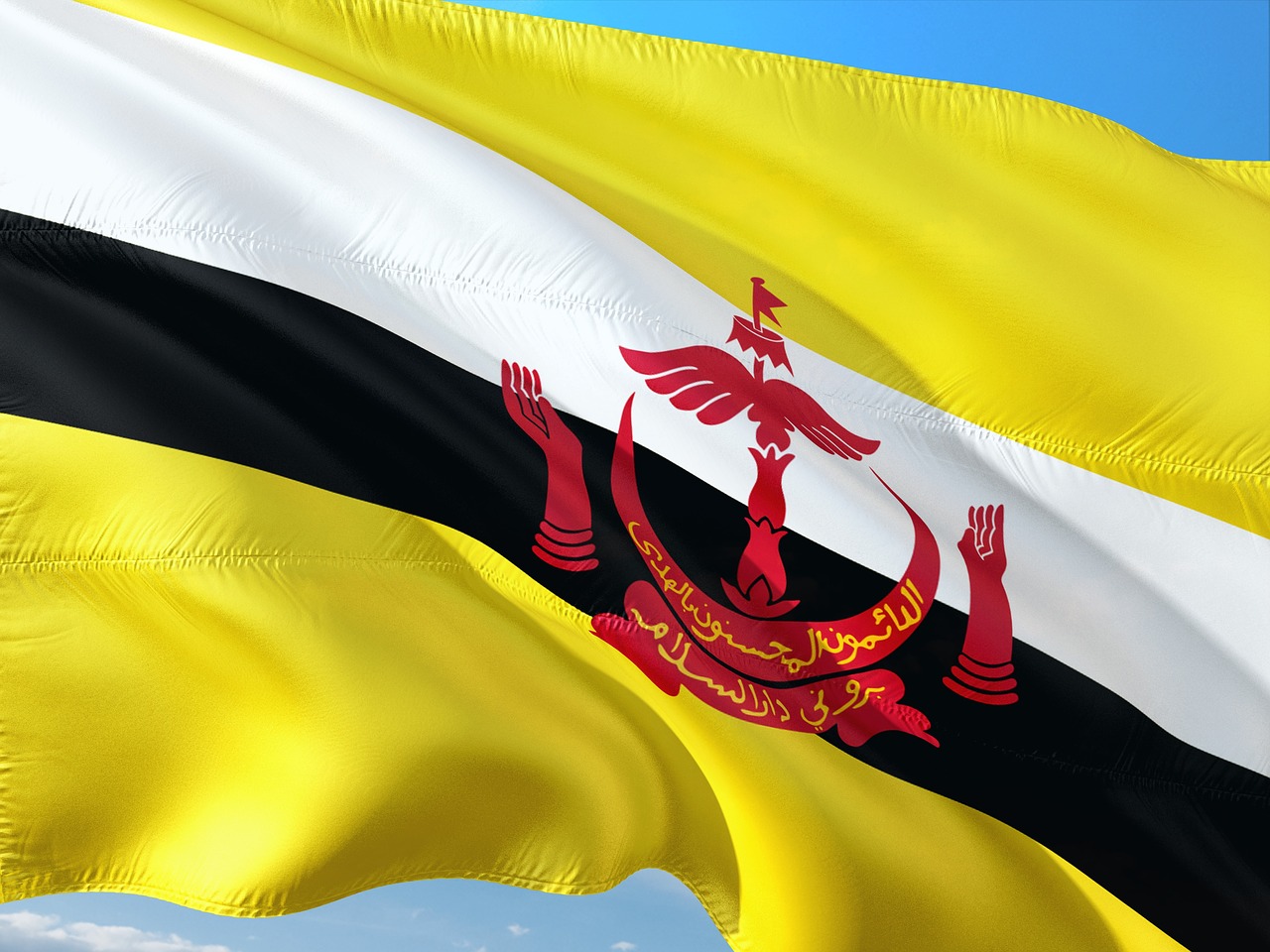Brunei is to introduce stoning to death as a punishment for homosexual acts and adultery from April.

Homosexuality and adultery could land you a death sentence, via stoning, in Brunei, if you’re found guilty from April. Homosexuality has been illegal in the kingdom since British colonial rule.
Instead of lengthy jail sentences for those found guilty of a raft of crimes, including homosexuality and adultery, Brunei will be handing out a death sentence. The new punishment of death by stoning, is set to become policy from the 3rd of April.
The nation is set to introduce the horrific punishment as part of the implementation of sharia law and will apply to sodomy, adultery and rape. The law will only apply to the kingdom’s Muslim population which makes up around two-thirds of the demographic.
Alcohol is banned in Brunei and there are punishments for having children outside of marriage. There is also a fine for missing pray on a Friday.
Brunei is just one of 13 countries where being gay or being guilty of homosexual acts can still land you a death penalty.
“Vicious”
Amnesty Internation have called the punishment “vicious” and called upon Brunei to “immediately halt” its plans to introduce stoning.
Rachel Chhoa-Howard, Amnesty International’s Brunei Researcher, said, “Brunei must immediately halt its plans to implement these vicious punishments and revise its Penal Code in compliance with its human rights obligations.
“The international community must urgently condemn Brunei’s move to put these cruel penalties into practice.
“Some of the potential ‘offences’ should not even be deemed crimes at all, including consensual sex between adults of the same gender.”
What does Sharia Law say
Sharia law is Islam’s legal system, derived from the Koran –
- Informs every aspect of Muslims’ lives
- Islamic jurists issue formal guidance through fatwas or religious edicts
- Sharia law includes provisions for capital and corporal punishment but modern scholars say getting to that stage can be difficult
- Marriage is treated as a contract in Islam
From The BBC



